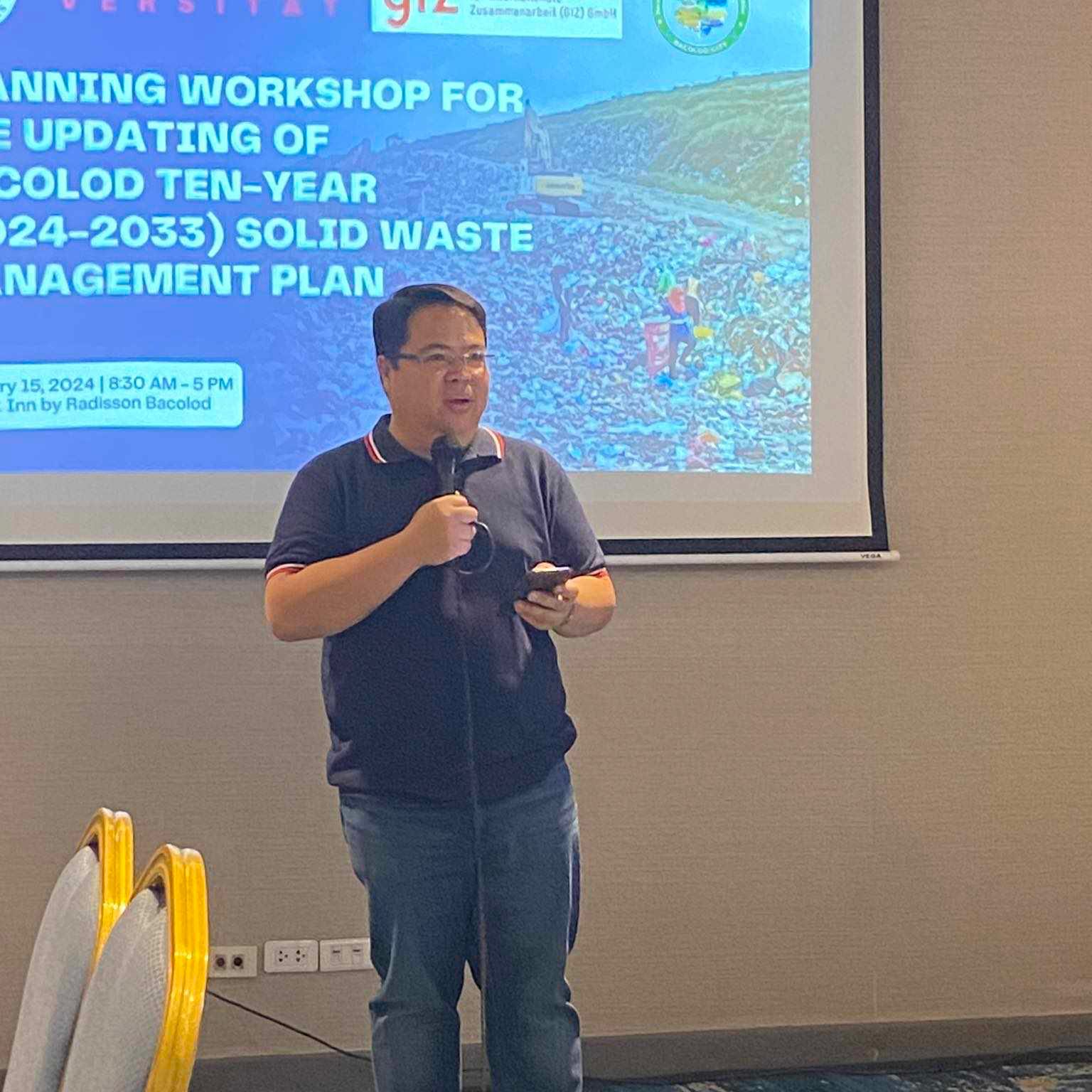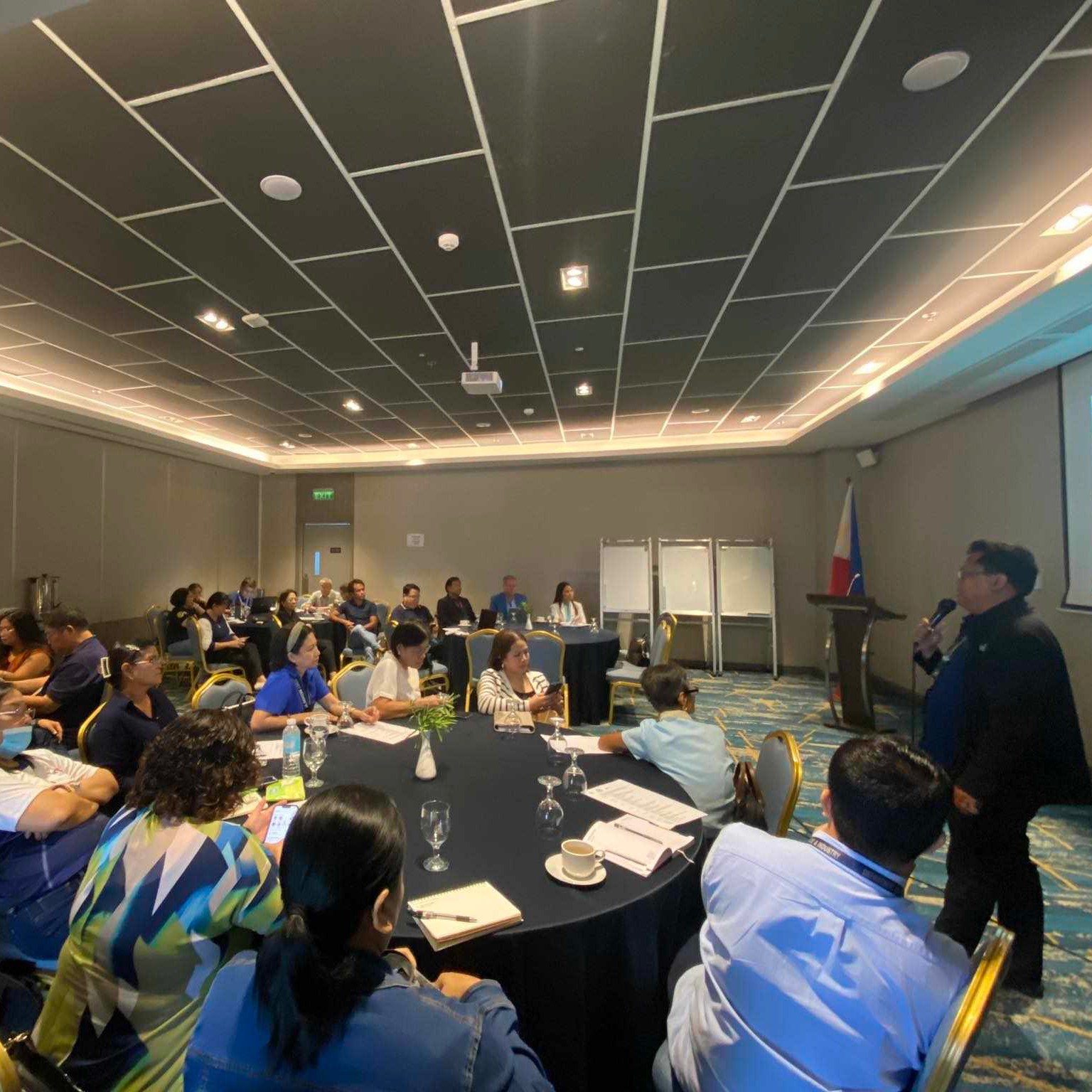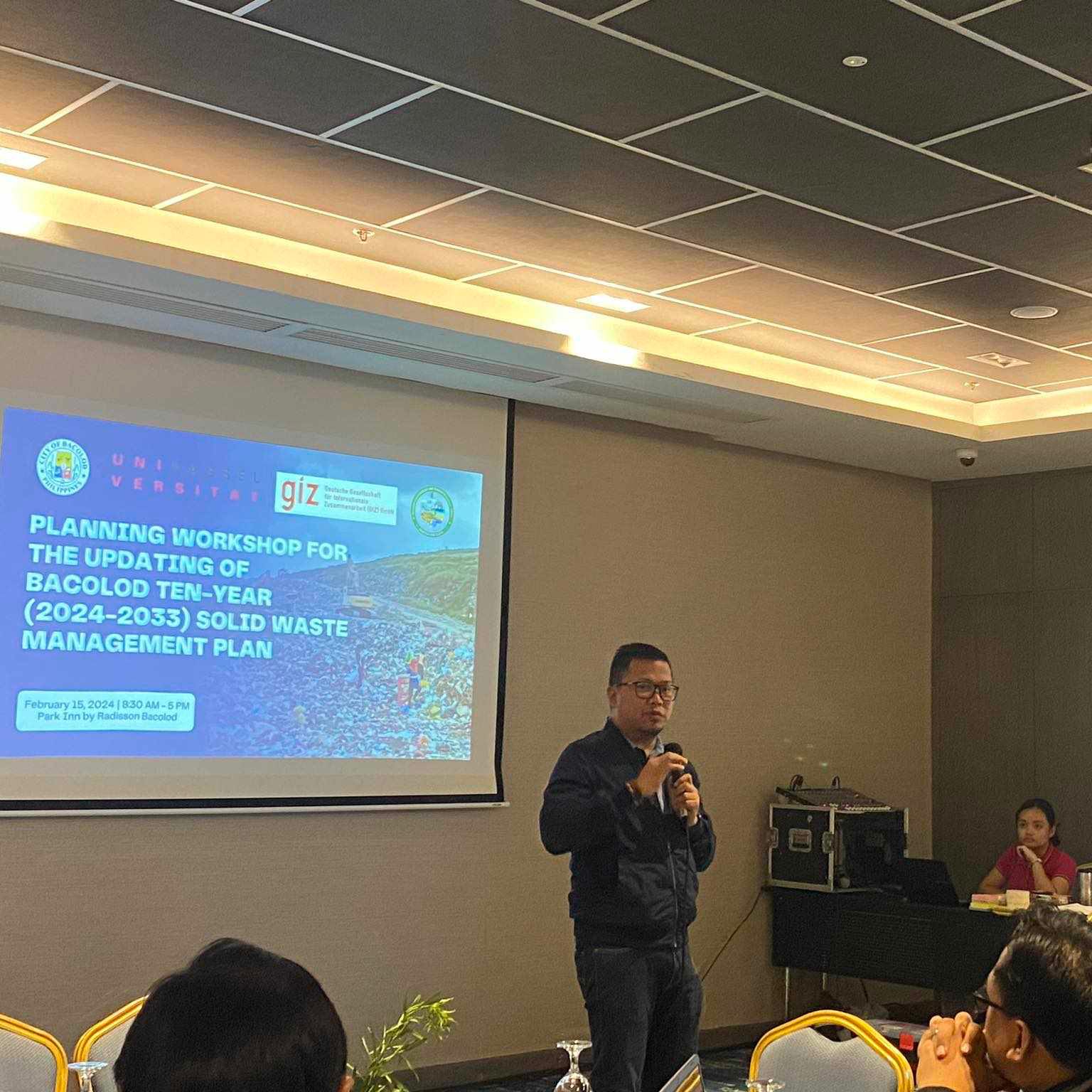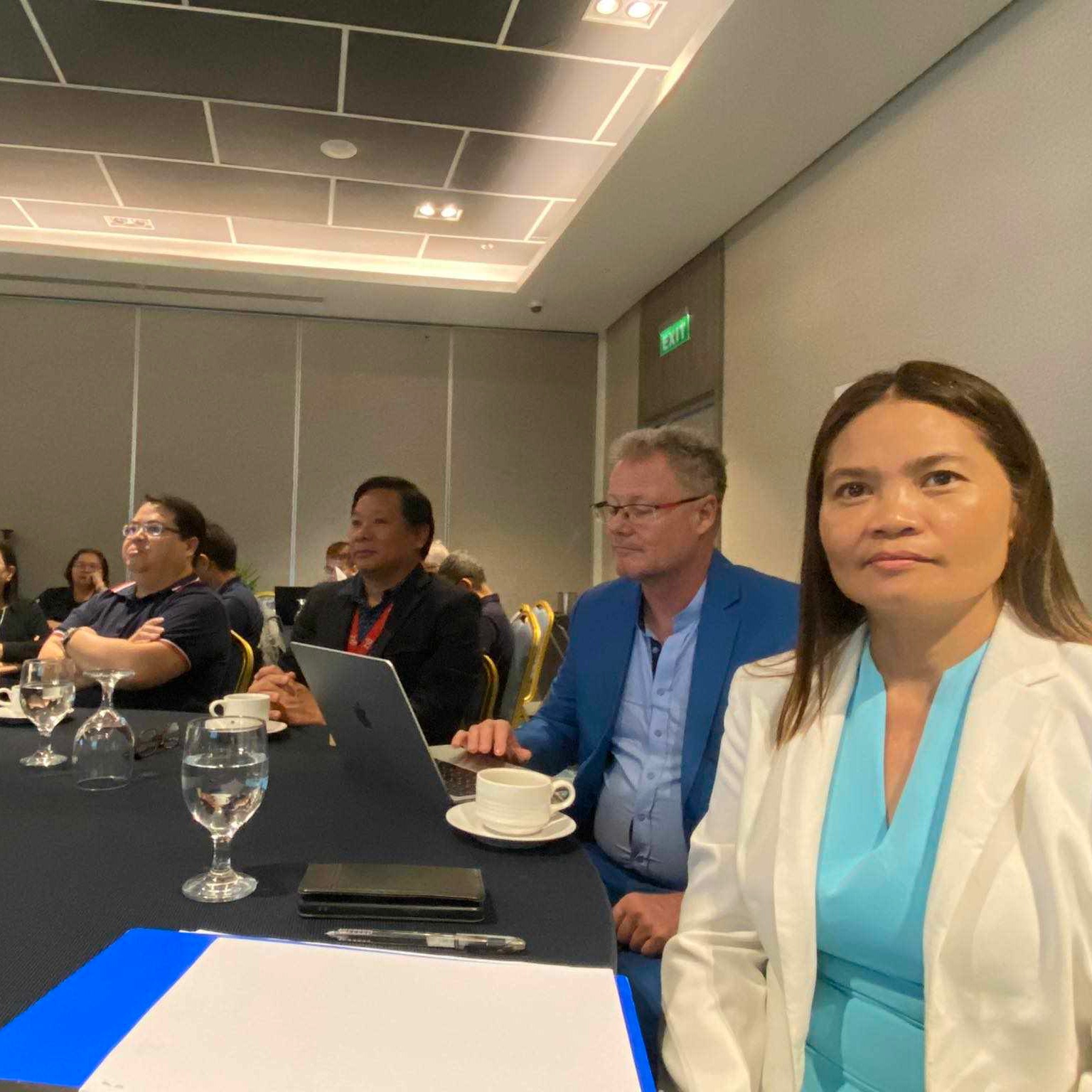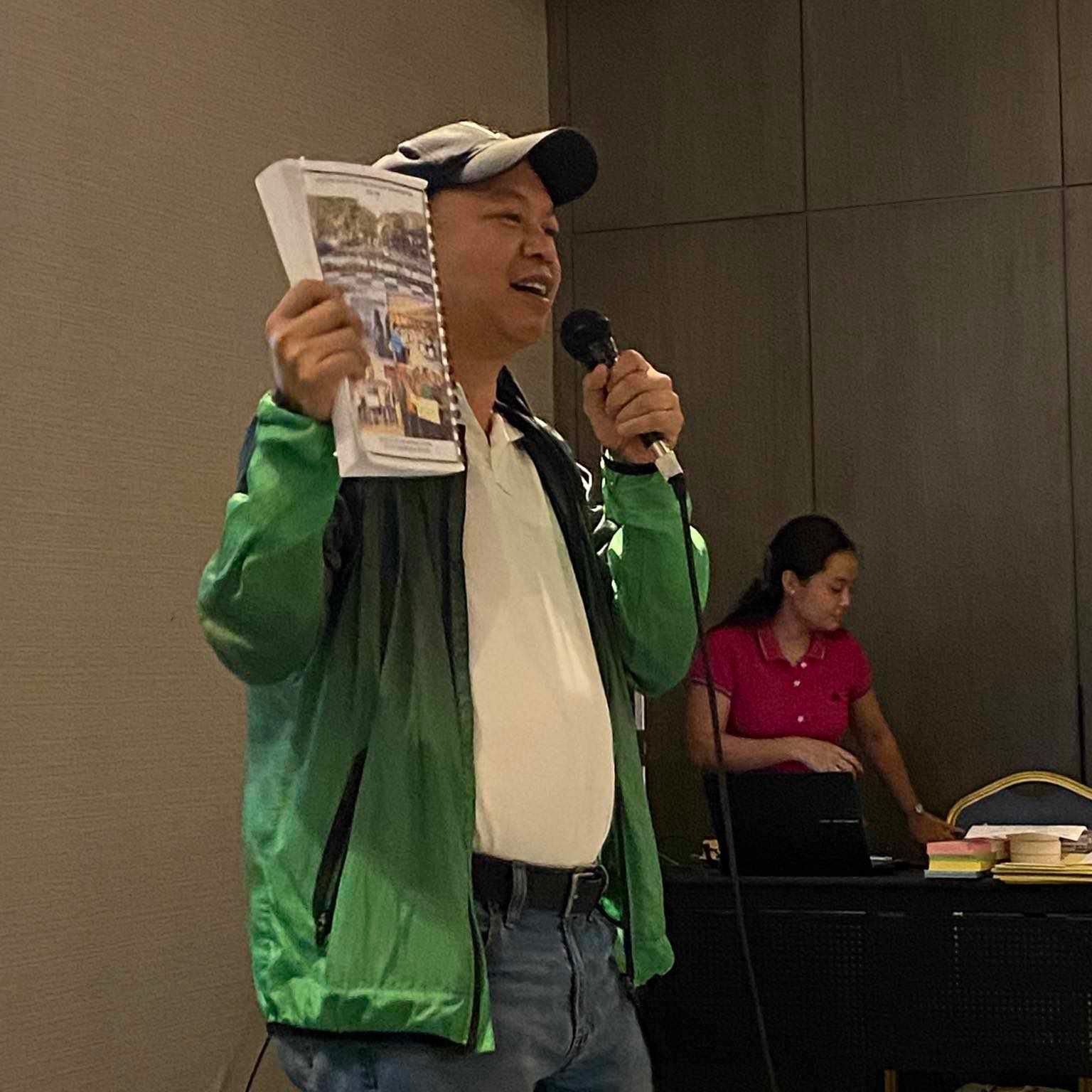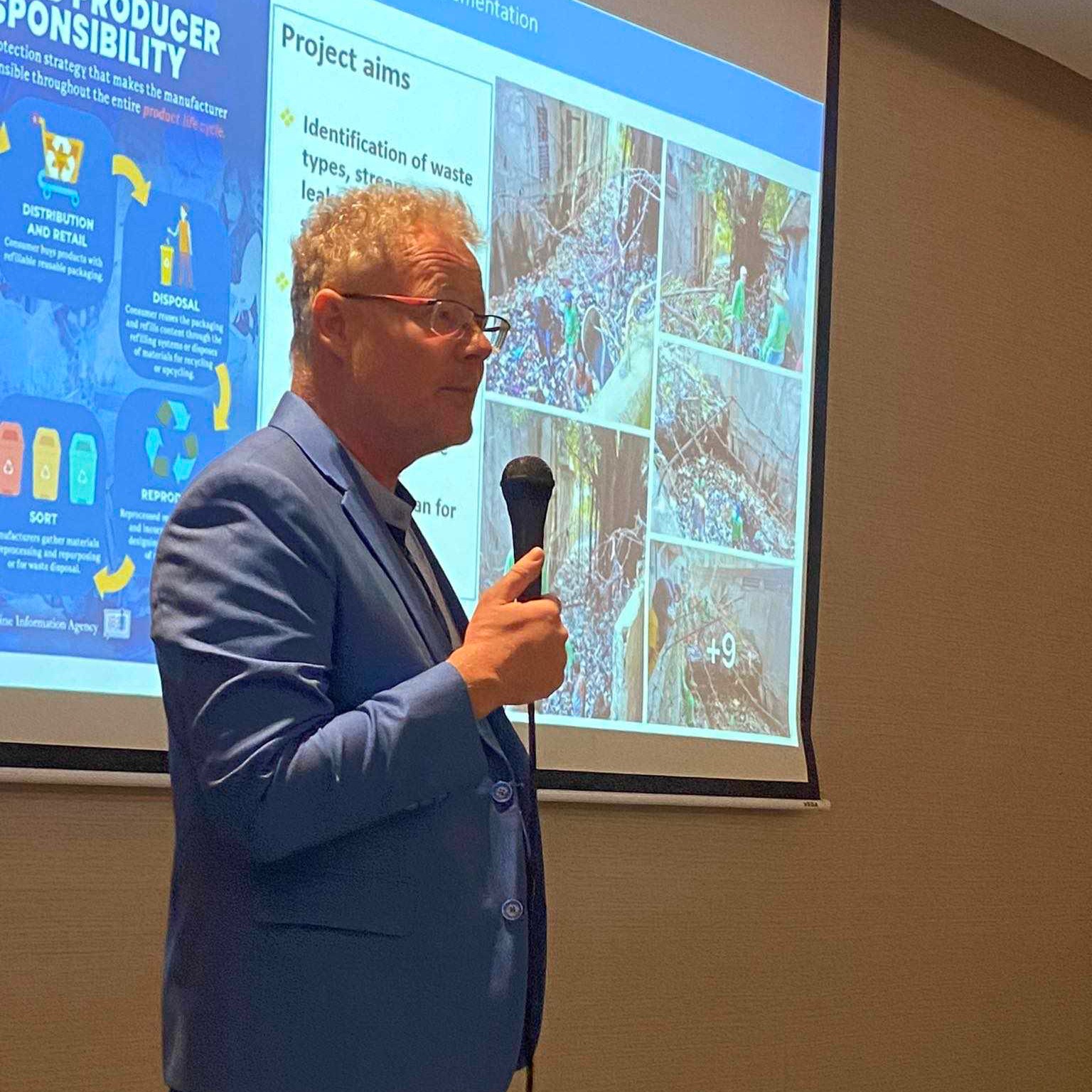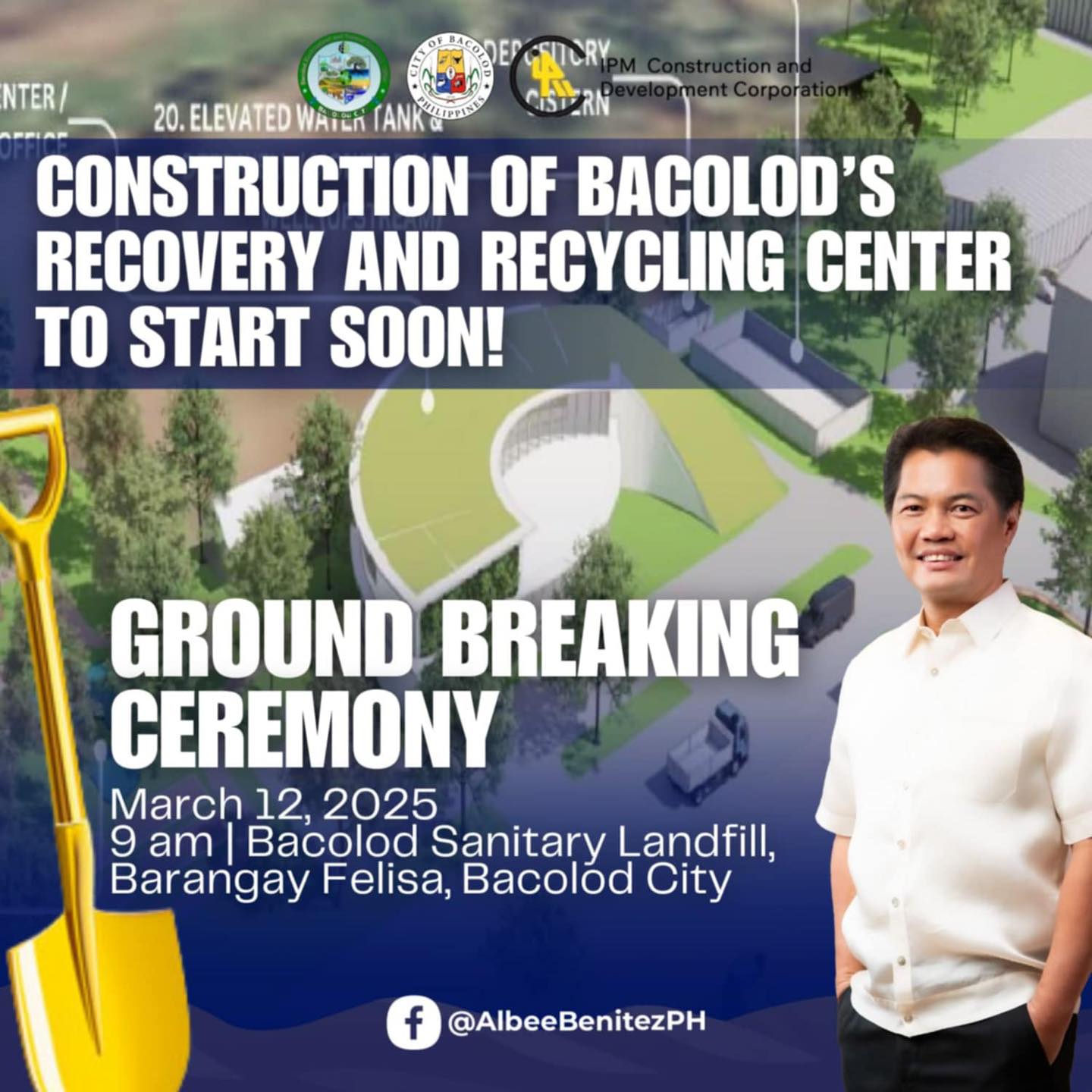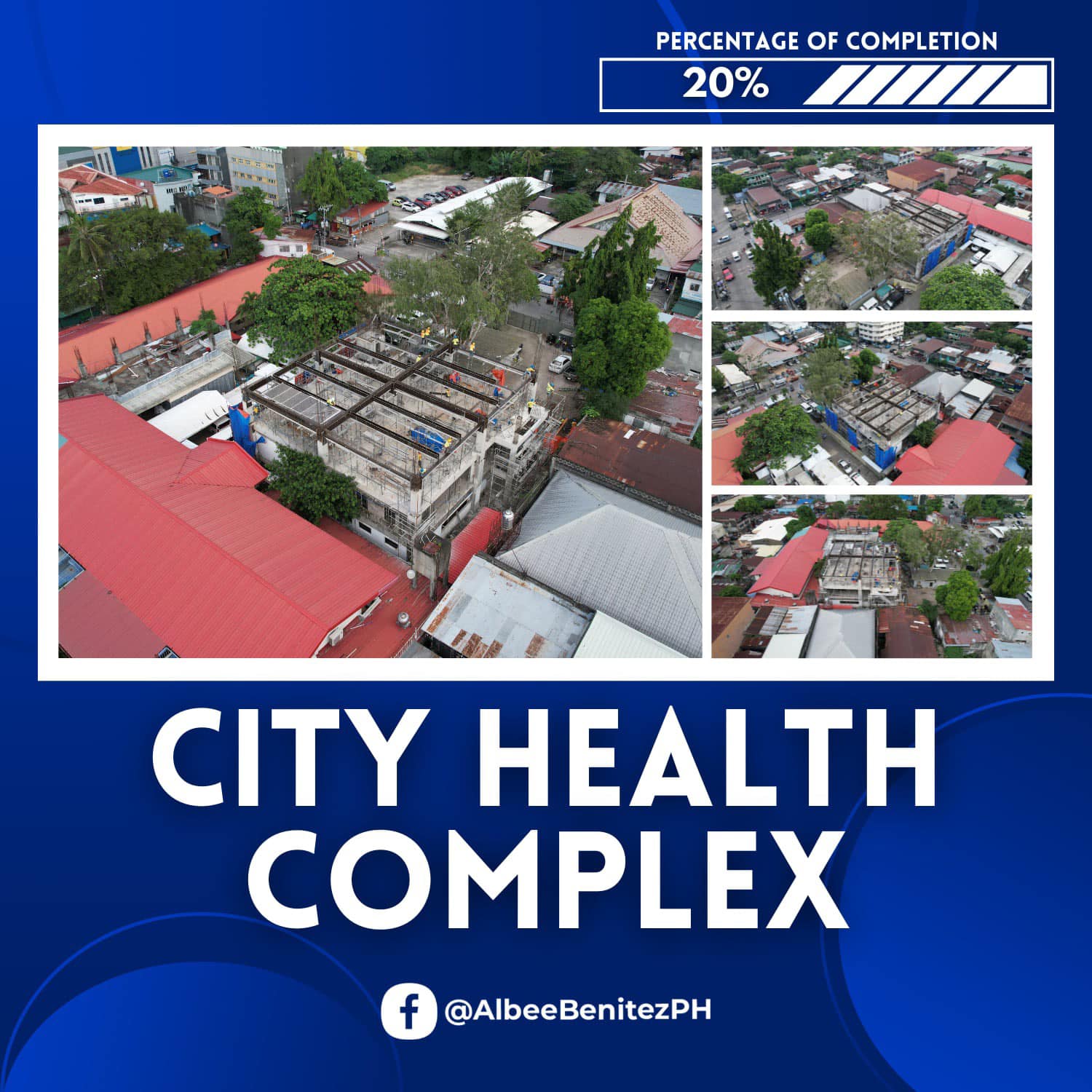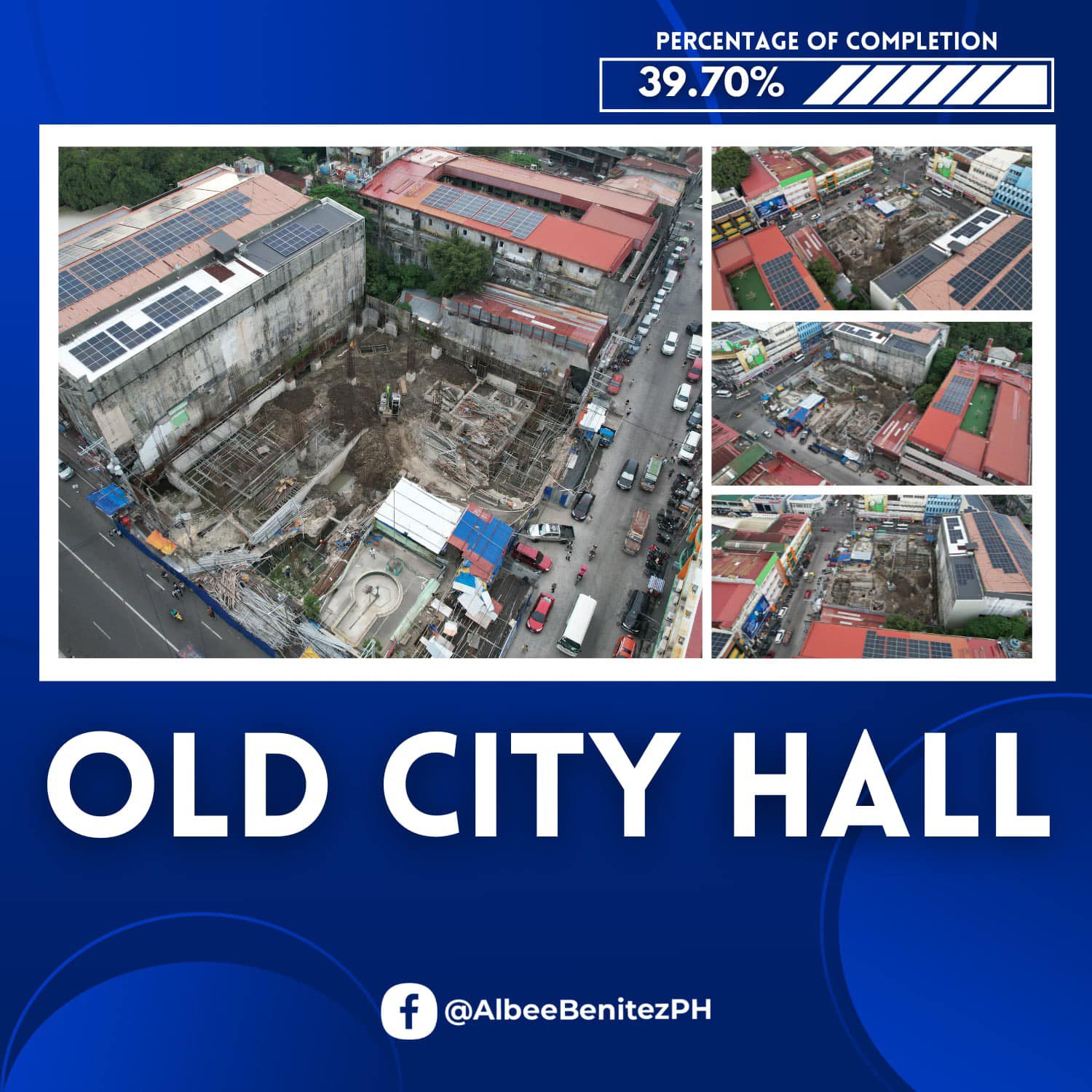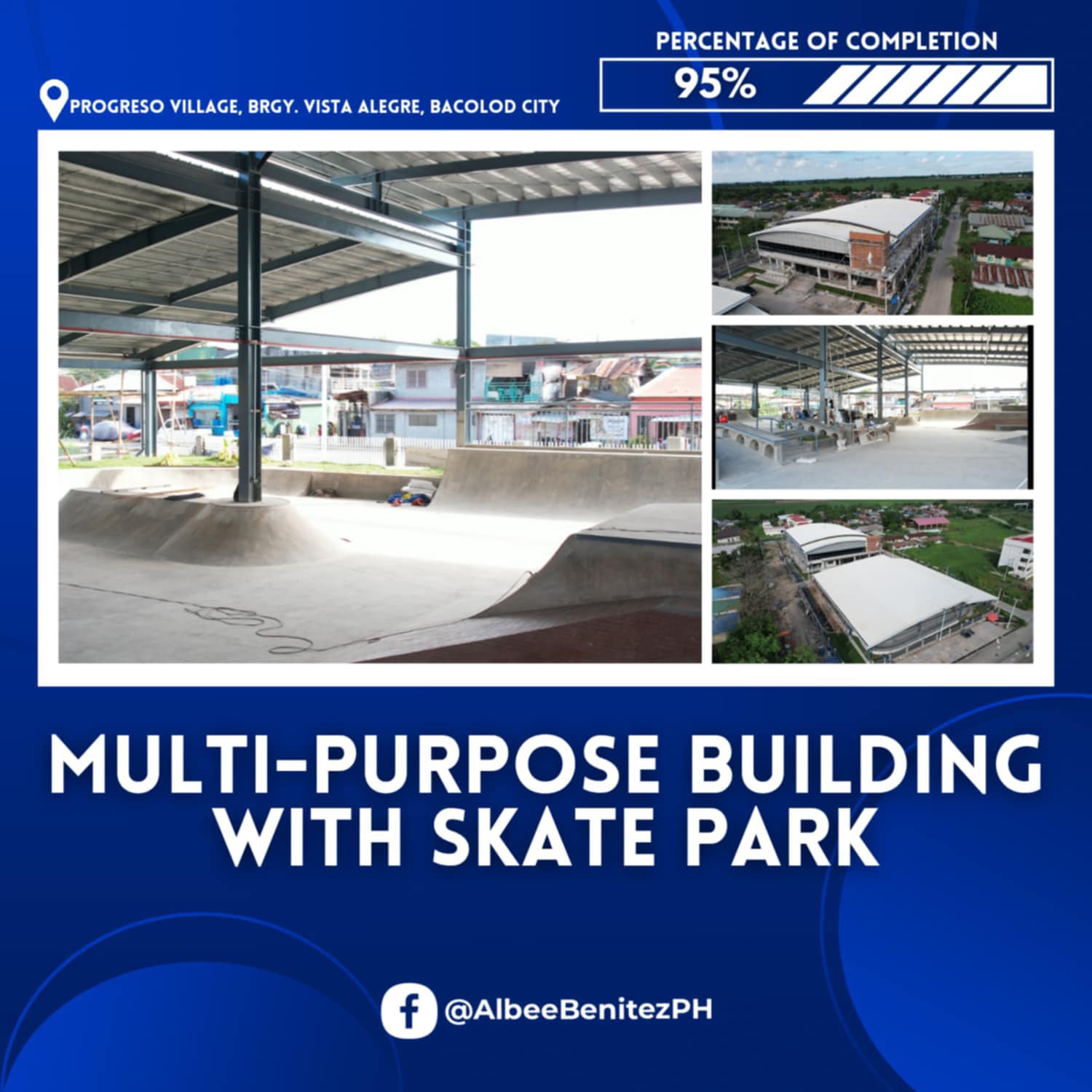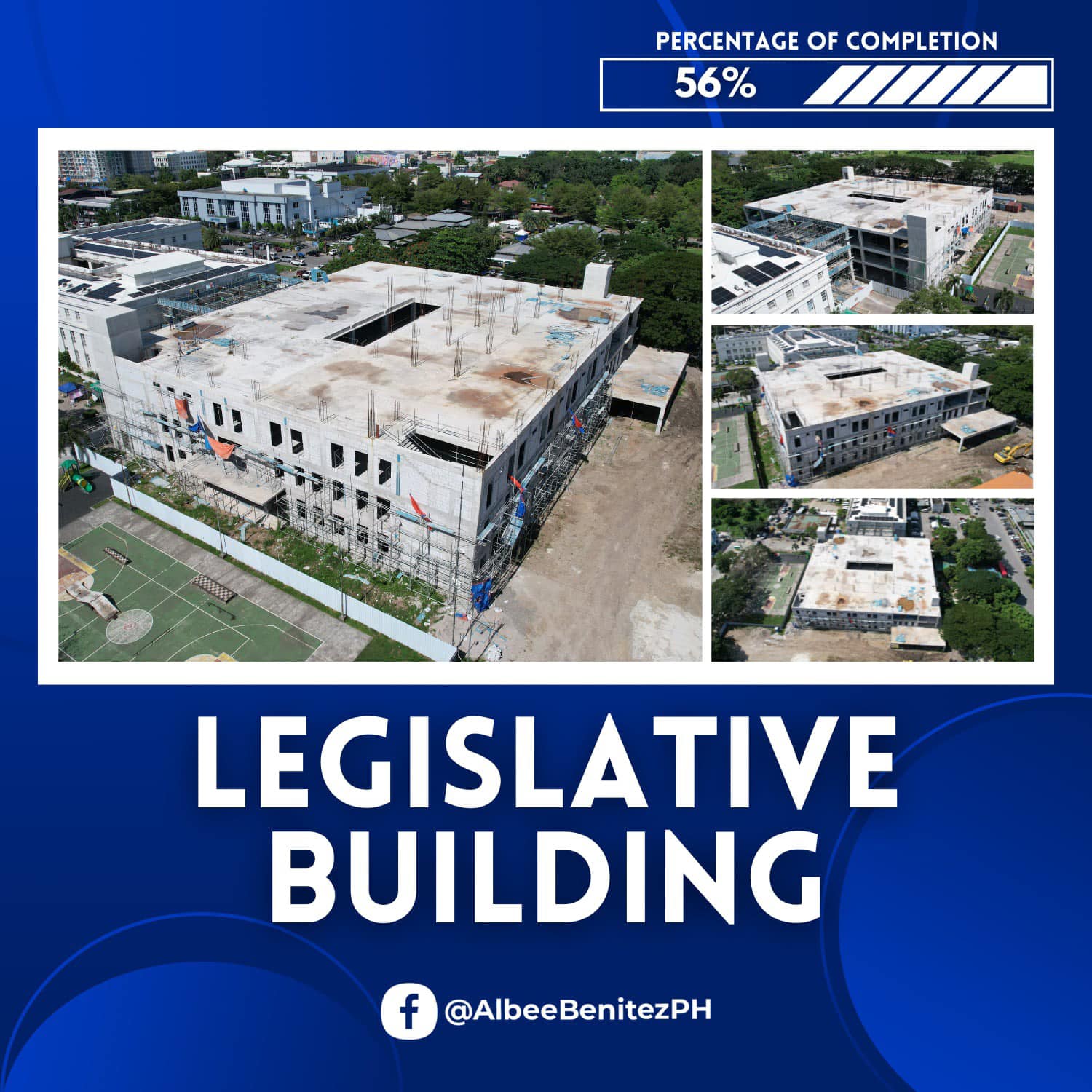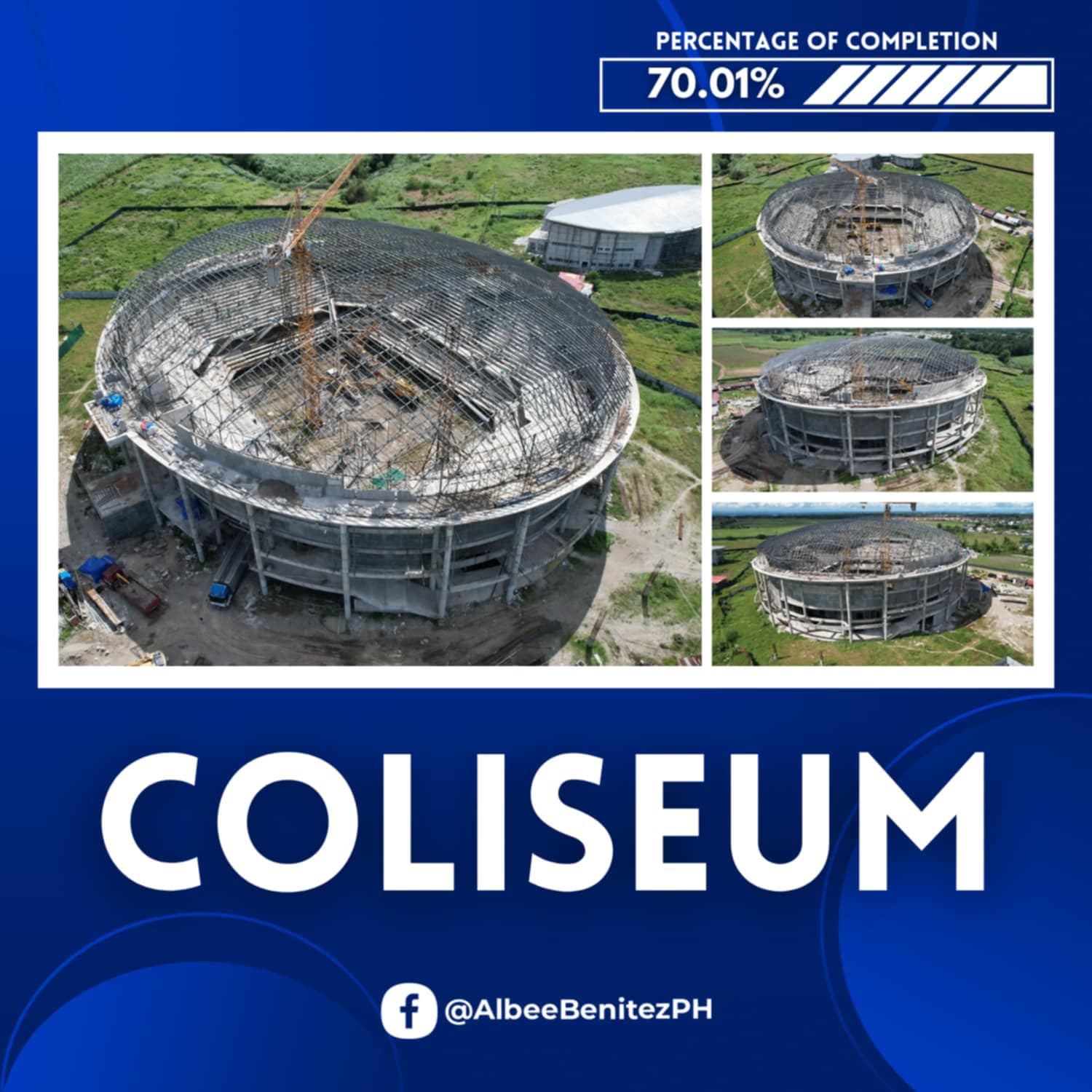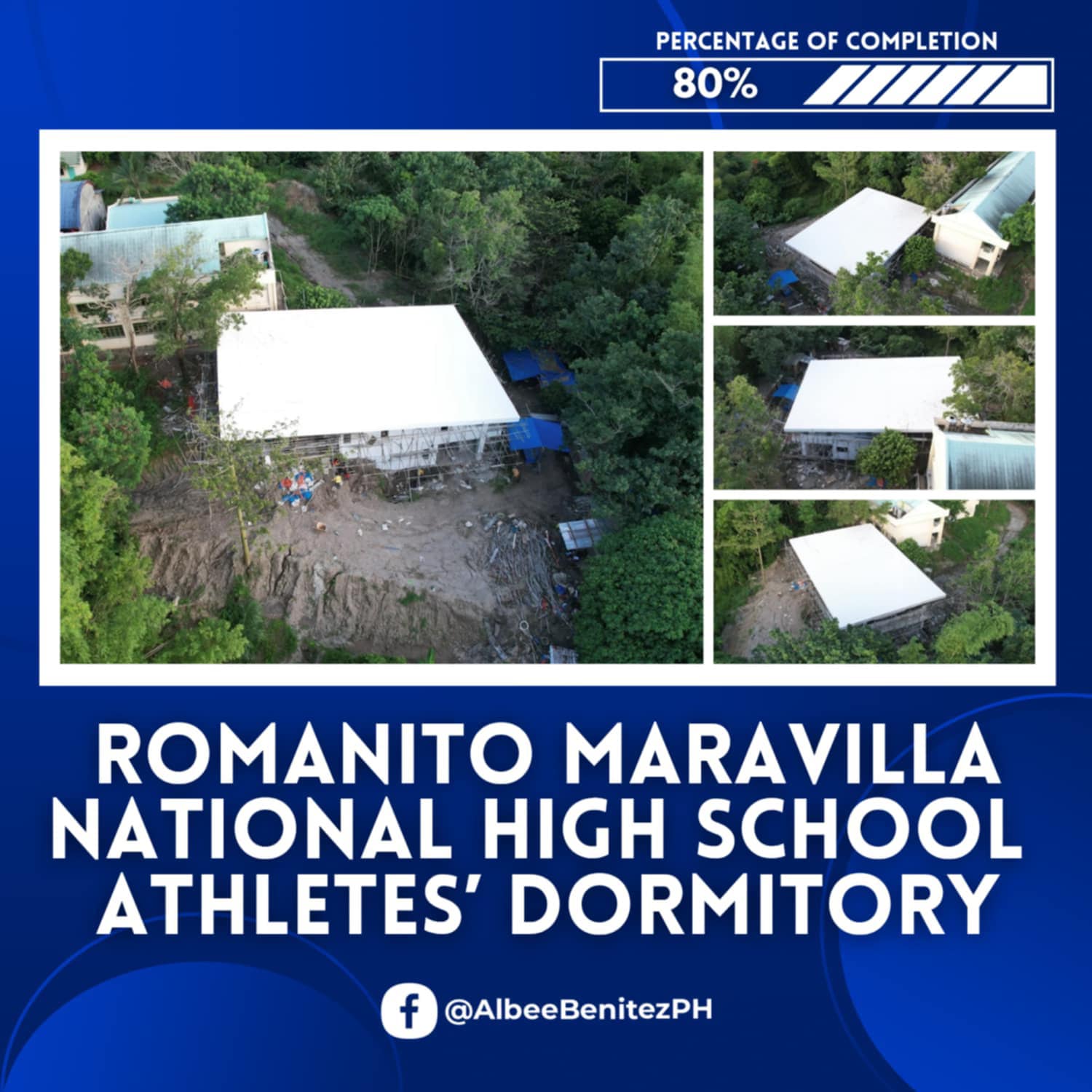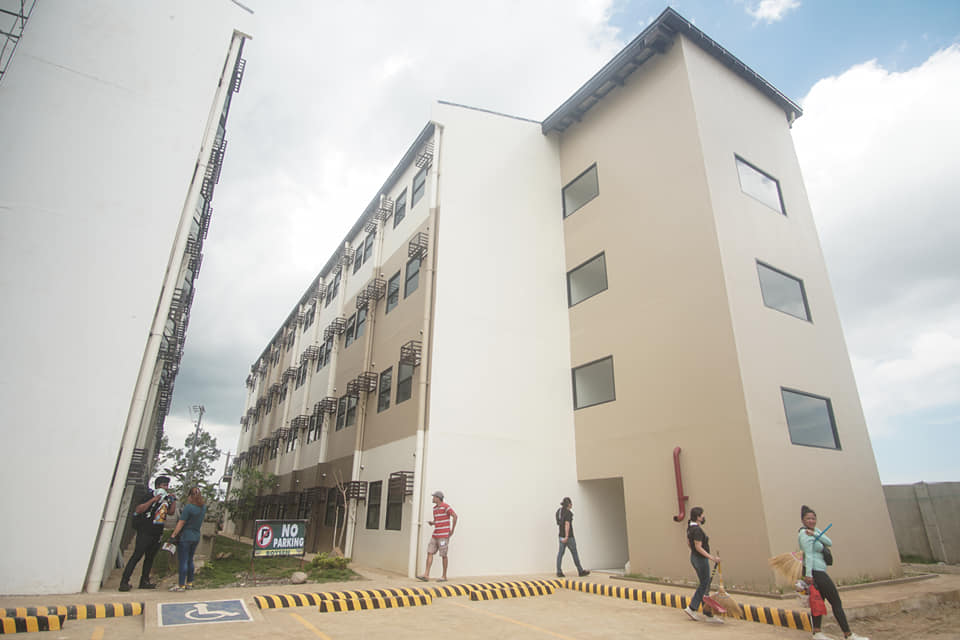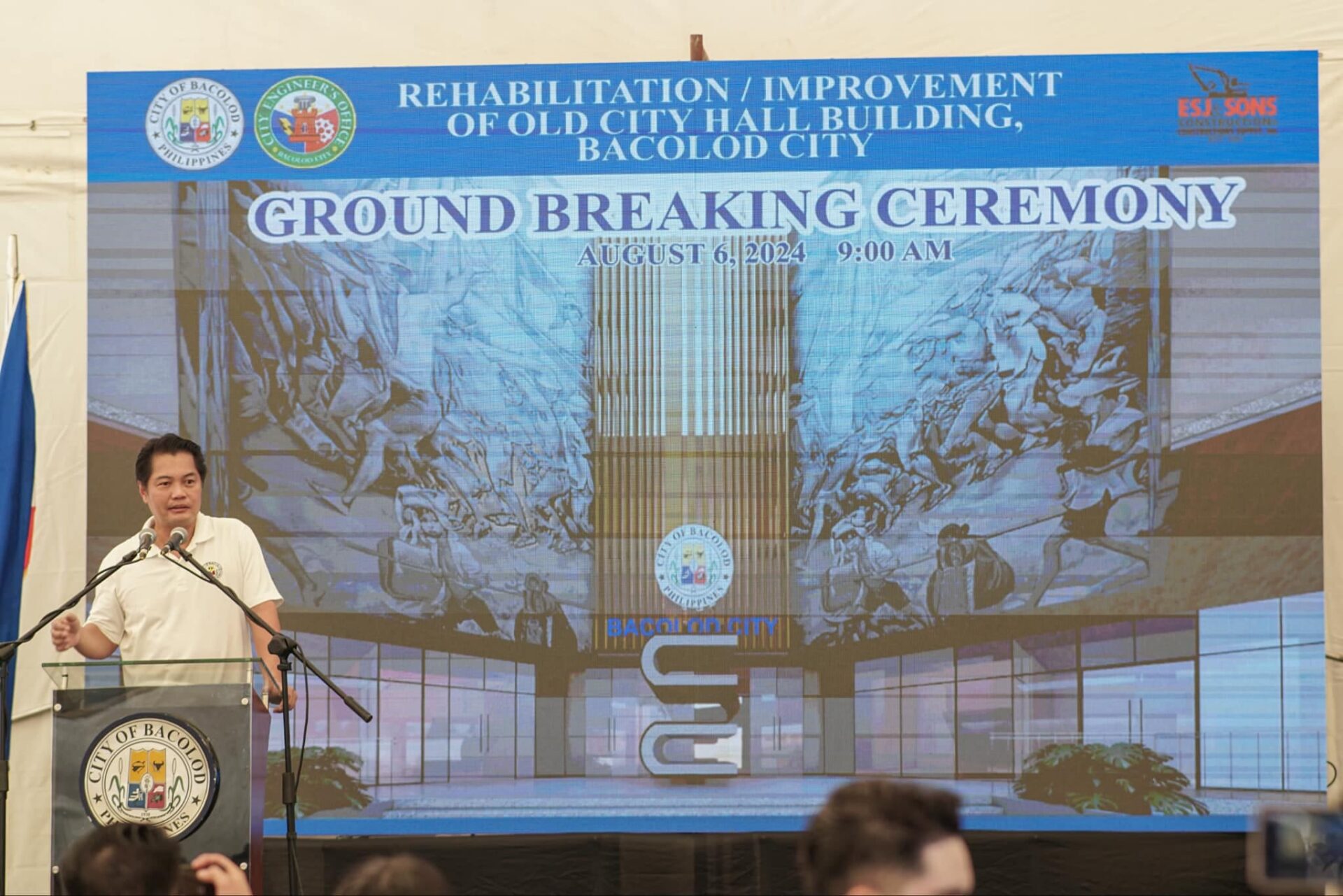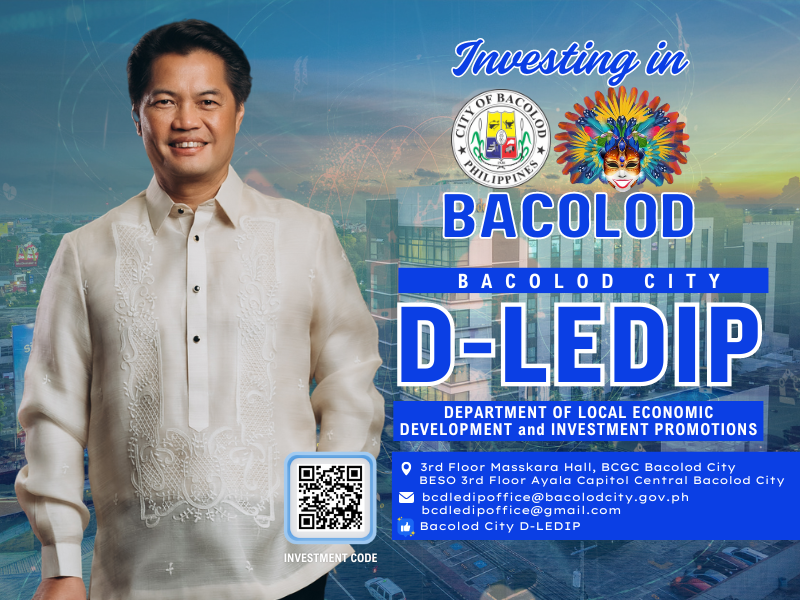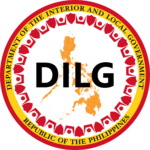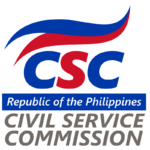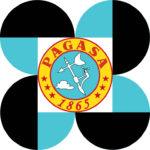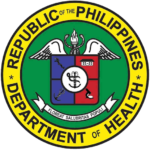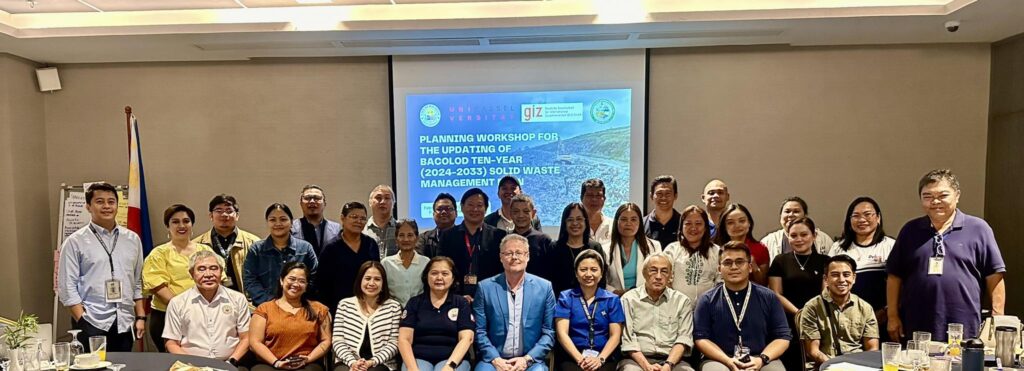
In a proactive move towards sustainable waste management by updating the 10-Year Solid Waste Management Plan of the City, different stakeholders in Metro Bacolod gathered for a planning workshop held at Park Inn by Radisson yesterday.
The workshop was organized by the Bacolod Environment Natural Resources Office (BENRO) in partnership with GIZ Philippines, University of Kassel (Germany), University of St. La Salle (USLS) and the La Consolacion College (LCC) Bacolod.
Members from the Solid Waste Management Board, recycling industry, non-government organizations (NGO’s), national agencies, waste management experts and other stakeholders came together to discuss issues and challenges as well as formulate plans and programs that would shape the city’s future in managing its municipal solid waste.
Councilor Kalaw Puentevella, chair of the SP Committee on Environment, welcomed the participants on behalf of Mayor Albee Benitez, and gave his total commitment to help the city’s SWM programs.
To give them a glimpse of what the city is doing, OIC-BENRO Ma. Fe Trespuentes outlined the current SWM conditions. She also shared some efforts in waste diversion, highlighting the biowaste and plastic processing facilities that operates in and outside the city.
Engr. Macky Maceda, consultant on SWM and environmental concerns, expressed his thoughts on where the city is headed by sharing updates on Mayor Albee’s envisioned Bacolod Integrated Recycling and Technology Hub (BIRTH) – a 25-hectare waste management complex with a central MRF where sorting, segregation and processing of plastic and biowaste will take place.
Prof. Ralf Wagner from UniKassel, on the other hand, shared with the group the partial results of the study they are currently conducting on plastic leakage in the waste stream together with GIZ Philippines, USLS and LCC-B.
Throughout the sessions, participants were actively engaged in lively discussions, heated exchange of ideas, sharing insights and innovative solutions to address Bacolod’s evolving waste management needs.
Outlining of action plan based on the three key points: generation, collection and diversion had been presented through group activities, emphasizing the need for community engagement, enforcement of ordinances, policy direction, behavioral change, among others, are needed for sustainable and effective SWM programs.
To cap the event, stakeholders present committed to further collaboration to ensure the successful implementation of the plan once it is approved by the National Solid Waste Management Commission.*(jell.lanes/benro)
(Source: PIO Bacolod)

